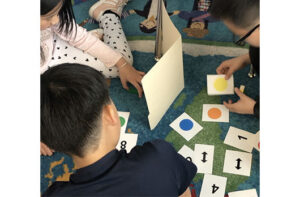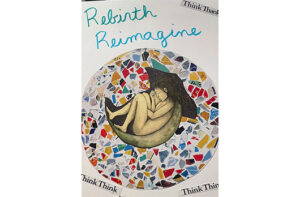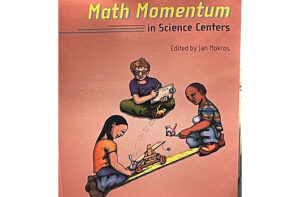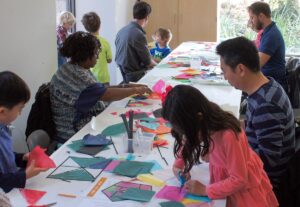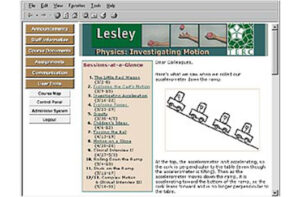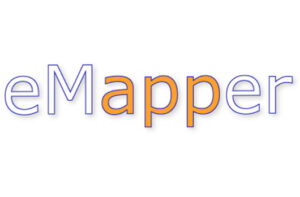Designing Educative Curriculum Materials in Interdisciplinary Teams: Designer Processes and Contributions
Anushree Bopardikar, Debra Bernstein, Brian Drayton & Susan McKenney
Bopardikar, A., Bernstein, D., Drayton, B., & McKenney, S. (2021). Designing educative curriculum materials in interdisciplinary teams: designer processes and contributions. Instructional Science, 49, 249–286.
Abstract
Educative curricula support teacher learning as well as the learning of students. High quality educative curricula contain features that help teachers customize learning opportunities and environments in ways that meet the needs of their learners. Designing these features requires expertise related to subject matter content, pedagogy, teacher and student learning, and instructional design. In other words, it requires interdisciplinary team work – which is notoriously challenging. To understand and support collaborative interdisciplinary design processes, a retrospective case study was conducted on interdisciplinary design team work that yielded a high quality educative curriculum for inquiry-based science learning. Design documents and transcripts of interviews with six designers (a cognitive psychologist, a practising physicist, and four science educators) were analyzed to identify their contributions during the phases of analysis, development, and evaluation to create educative features for developing pedagogical content knowledge (PCK). Findings articulate specific educative features that can contribute to supporting PCK and thereby supporting instructional performance. Findings also reveal the proactive and reactive nature of designer contributions, describing different ways in which designers provide specialized inputs from a disciplinary perspective. Further, this study shows how designer contributions intermeshed, with contributions from one discipline shaping the work of colleagues, and thereby coordinating varied inputs to yield coherent educative materials. In addition, theoretical insights and recommendations for research on the nature of collaborative interdisciplinary design processes and implications for practice are given for supporting designers working in interdisciplinary teams to create educative curriculum materials for teacher (and student) learning.

Related People:
Anushree Bopardikar, Debra Bernstein, and Brian Drayton


